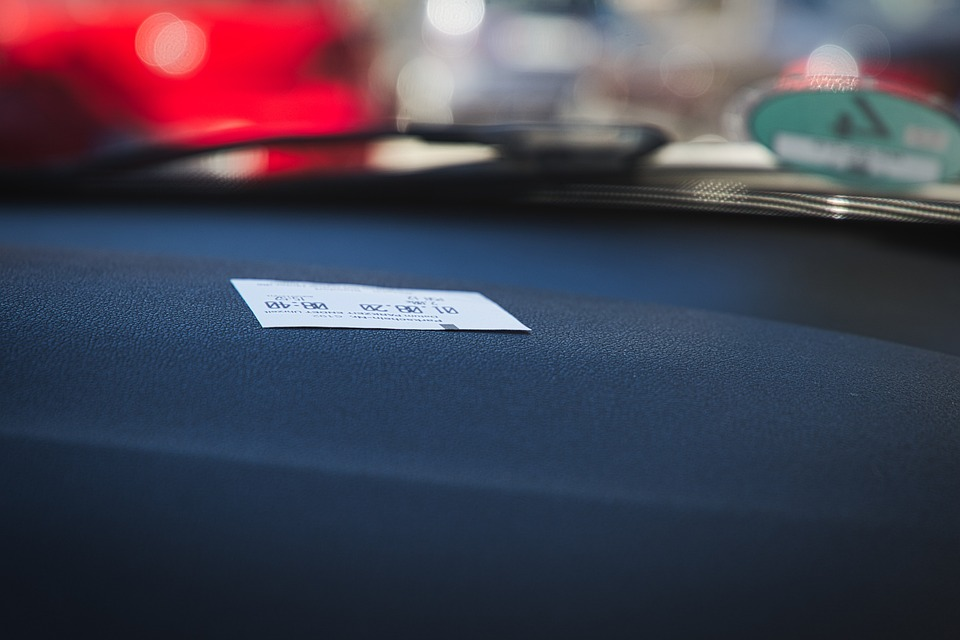
Traffic laws in various jurisdictions determine your right to park. When you break these laws, you risk getting a parking ticket. The tickets affect your driving record, and they can be expensive. Also, getting too many parking tickets could lead to the suspension of your license.
It is essential to avoid getting into trouble with the law when parking. That will reduce your chances of getting into trouble while driving in that city or state. Follow these tips to avoid getting a parking ticket.
1. Know the Parking Rules

Wherever you are going, familiarize yourself with the local laws. In the US, the federal government does not have any rules regarding parking. The states and municipalities are responsible for making their laws. Whether you are driving a private vehicle or a commercial one, you must know the parking regulations.
Knowing the rules helps you avoid costly mistakes. For instance, parking in front of a fire hydrant is illegal. In others, you cannot park within 30 meters of a stop sign. You should also know the time limits for parking in various areas. In some business districts, you can only park for two hours.
Set the alarm on your watch or phone. It will help when you get carried away with the events and proceedings of your meeting or shopping. Let it go off a few minutes before the expiry of your packing allowance. For instance, if you must get out of the space before noon, have the alarm go off at 11:45. That will give you enough time to get back to your vehicle and move it to a new location. When going to a shopping mall, give yourself enough time to get through the cashier and the crowds.
2. Observe the Parking Signs
You may deploy online services to find parking places in your vicinity. Always look for parking signs, as you will get a ticket for parking in restricted areas. They also have other important information, such as the time limit for parking in that spot. Determine if you can move out before the duration expires. For instance, if you have an errand to run in town and would complete it in two hours, choose a spot with a three-hour time limit.
The “No Parking” signs mean you must not leave your car or motorcycle in that area. The “Reserved Parking” signs show specific spots for permit holders only. Do not park there unless you have the right. For example, banks offer parking areas for customers, and you can only park if you are conducting business with them.
“No Stopping” signs indicate that you cannot stop to load or unload passengers. You might get a ticket for picking up or dropping someone in those areas. Ensure your vehicle does not block the flow of traffic or cause an obstruction.
3. Pay the Parking Meter

The absence of a police officer does not mean you should not pay the parking meter. Do not assume that you will not get a ticket since nobody is around. Most cities have ticket cameras that capture violators’ license plate numbers. You would receive it in the mail even if there was nobody when you parked.
Ensure you pay the parking fee and put the receipt on your dashboard. The expiration time will be on the receipt. Do not overstay, as you risk getting a ticket. That means you must know how long you will be before getting to your car.
4. Find a Parking Spot Early

It is challenging to find a parking spot when visiting a high-traffic area during peak hours. Most people do not want to walk long distances, so they drive around looking for the closest one. That creates traffic congestion, and you could get a ticket for causing an obstruction.
Try and book your spot early. That could mean getting to your destination early before the peak hours. Use a parking app that shows available places in real-time. That will save you the time and frustration of driving around looking for a spot. Also, you can ask the parking attendant where you can find a vacancy. If you know someone who works in the area, they could also help you find a good parking spot.
5. Park Legally
You may find a parking spot in town but get a ticket for parking illegally. That happens when you do not park between the white lines or your car blocks the sidewalk. It could also be stopping by the red curb. Some states allow parking near a red curb to load or unload passengers. But you must not stop for more than three minutes.
Do not park in a wheelchair spot unless you have a permit. Also, do not park in a loading zone, as that can be dangerous. Ensure you park at least 15 meters from a fire hydrant. That way, the firefighters can access it quickly during an emergency.
Summing Up
Parking tickets are costly, and you might end up with points on your driving record. The best way to avoid getting one is by following the parking rules and regulations. Also, try to park in safe and well-lit areas. That will minimize the chances of your car getting broken into or towed away. Always keep time to avoid overstaying in a parking spot. Following these tips will help you avoid getting costly parking tickets.


